






















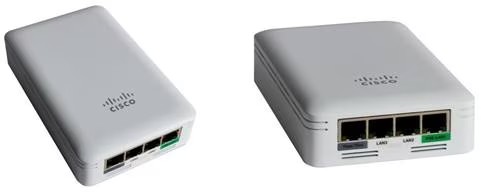
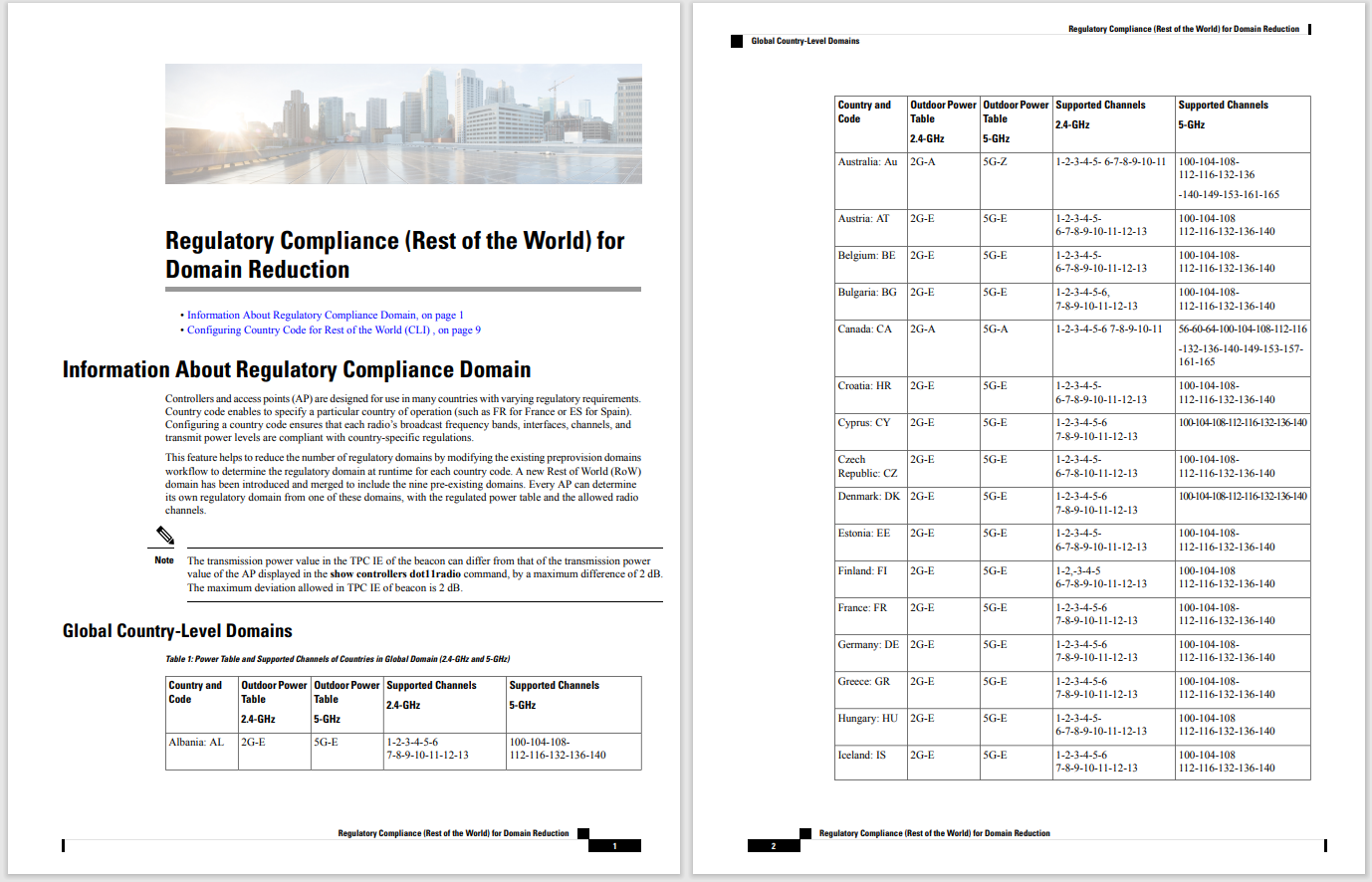
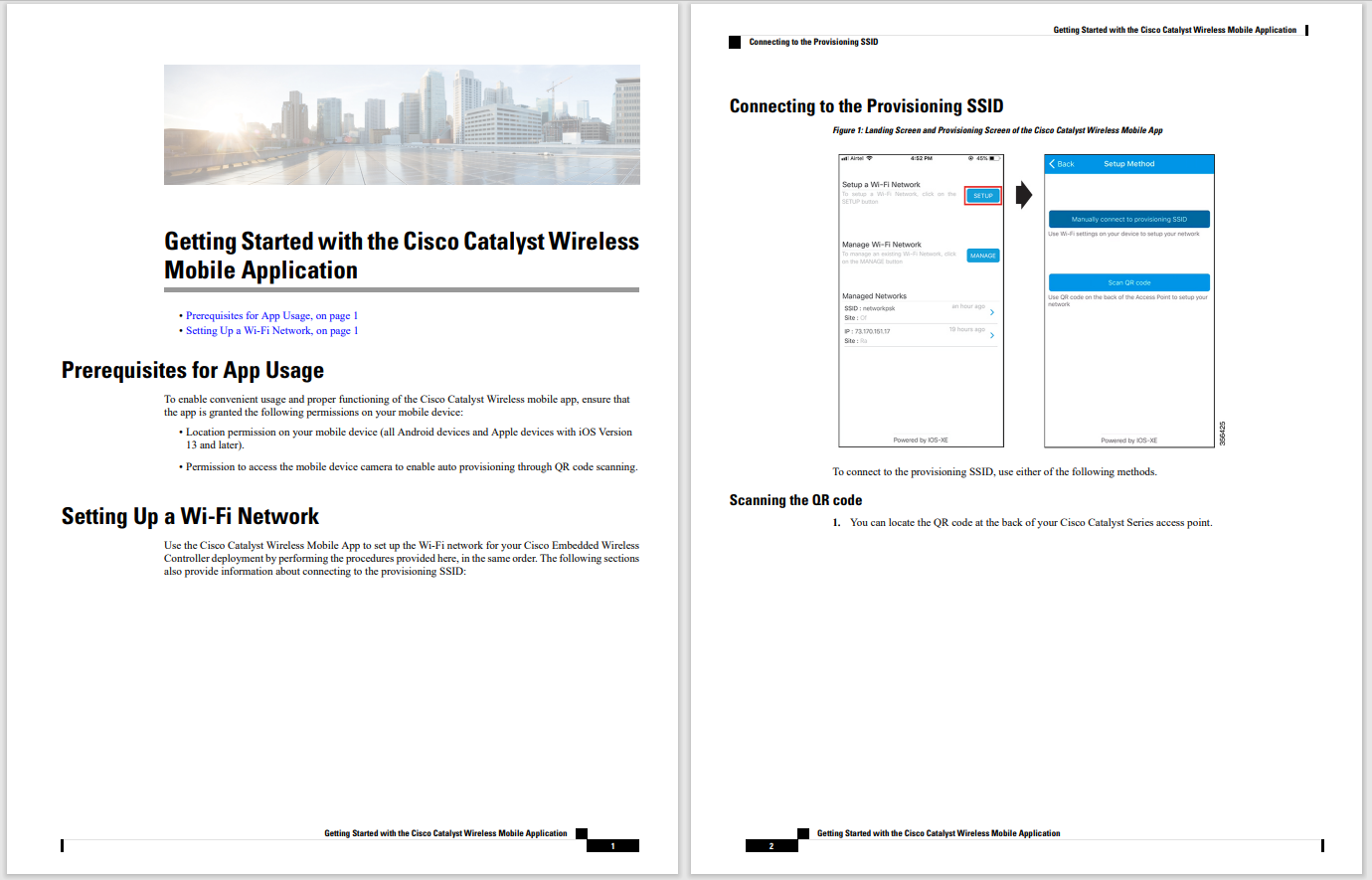
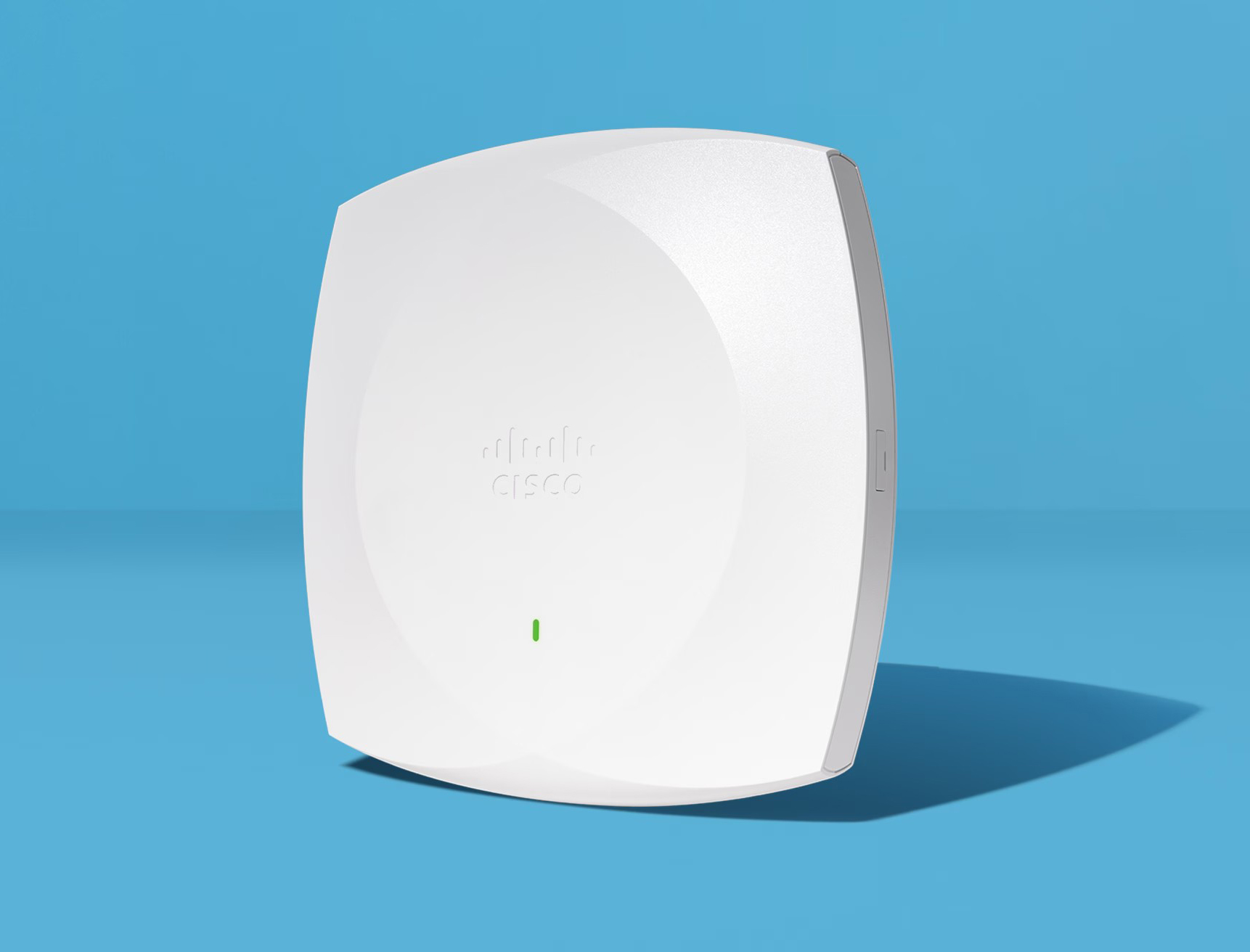
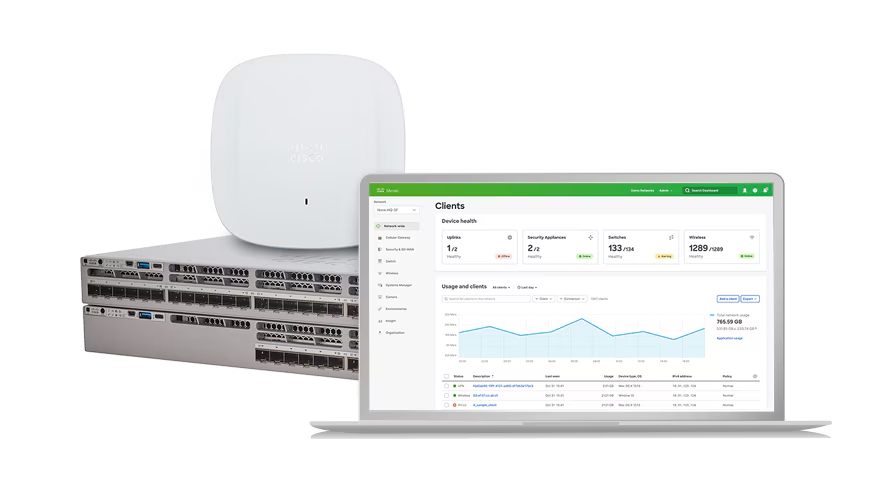
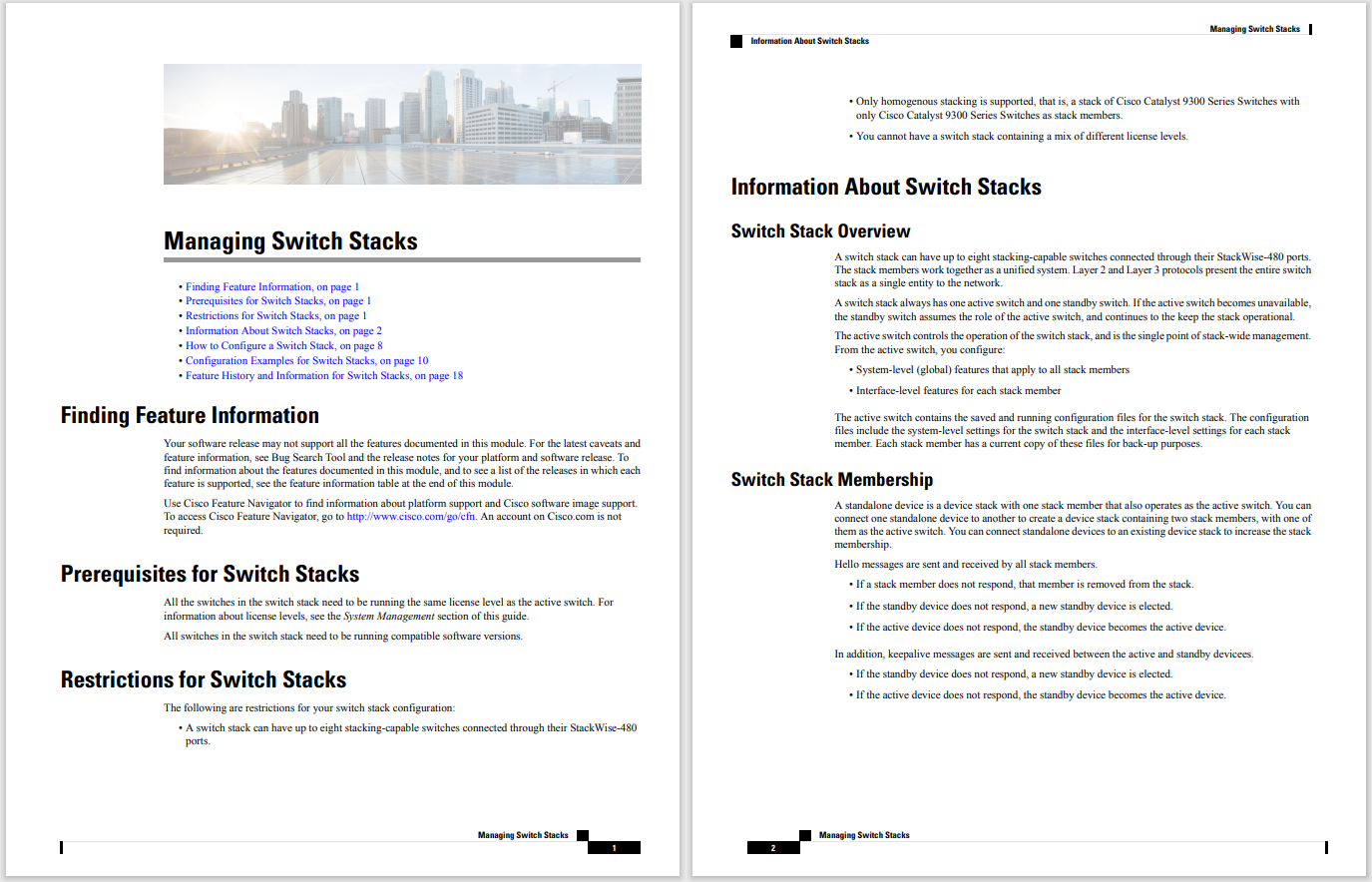
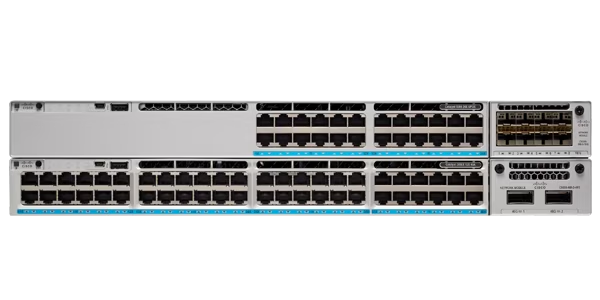
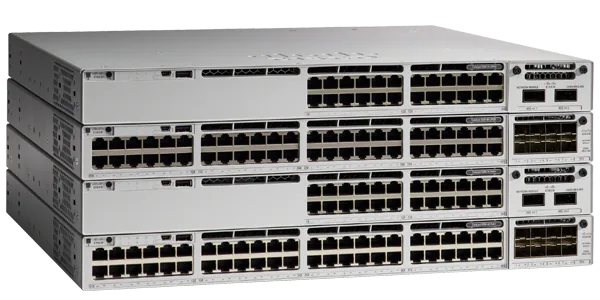

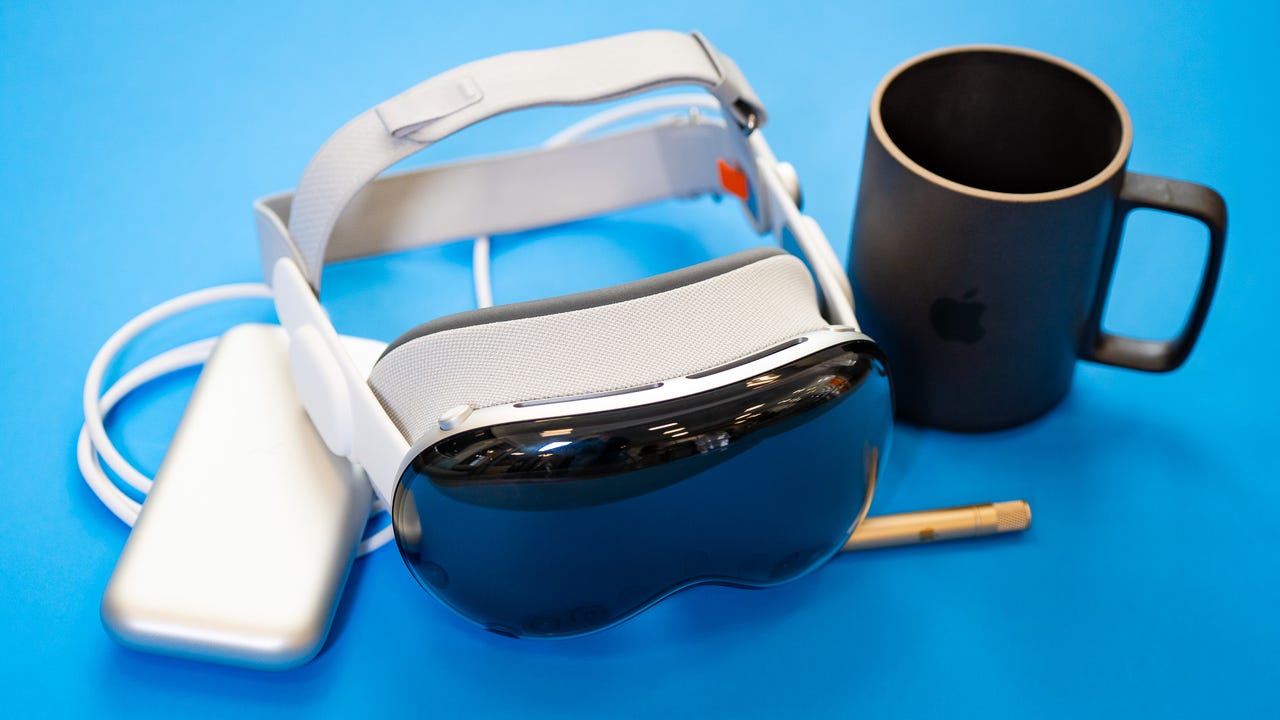
Nearly three months after its launch, it's becoming more apparent that while the Apple Vision Pro may not be positioned to dominate the consumer space, the $3,500 headset fills a technological void that the enterprise has longed for. At least that was my takeaway following a private 30-minute demo of the most recent business applications on the Vision Pro last week.
While the setup process and demo environment were akin to how things usually are when I'm using the headset at home, sinking my hands into a 3D render of a heart in Complete HeartX and visualizing a life-sized plane engine in JigSpace made it clear that Apple meant business.
Also: I've tested Vision Pro and top XR headsets and this is the one most people should buy
"We're thrilled to see the innovative ways organizations are already using Apple Vision Pro, from planning fire response operations to iterating on the most intricate details of an engine design -- and this is just the beginning," Susan Prescott, Apple's VP of Worldwide Developer Relations and Enterprise Marketing, said in a Tuesday press release.
Key software vendors like Microsoft, Adobe, and Cisco have already optimized their platforms to let Apple Vision Pro users better interact, collaborate, and share content across visionOS. Now, several Fortune 500 companies are leveraging the Vision Pro's visual fidelity and app continuity, along with the Apple ecosystem's software familiarity, to train, communicate, and optimize workflows through spatial computing and virtual environments.
SAP Analytics Cloud, frequently used by companies to gather, analyze, and present business performance data, is among the first enterprise services with an Apple Vision Pro app. Through spatial computing, the app visualizes data dashboards and graphs in a more interactive and modular approach (read: 3D maps and floating graphics) than what customers typically see on their monitor or phone screen.
"SAP Analytics Cloud running on Apple Vision Pro will help our customers discover all-new insights from complex data with powerful and intuitive processes that supercharge their business planning," SAP chief AI officer Philipp Herzig said. "Going forward, we see the power of visionOS combined with generative AI being a force multiplier for enterprises."
German automobile manufacturer Porsche has built the Race Engineer app for Vision Pro, letting engineers and team members assess cars' performance data and drivers' vitals. Some metrics include speed and braking, track conditions, and car positioning, and the ability to have several windows open at once means engineers can also stream live videos of car dashboards during races.
Also: These are the Vision Pro apps Apple says will transform healthcare
"The new Porsche Taycan Turbo GT is the ultimate all-electric performance car, and, fittingly, we were thrilled to bring the best of German engineering and Apple's inspiring product innovation together with the Race Engineer app," Porsche CEO Oliver Blume said. "This is the perfect example of our team delivering on our goal to bring the best user experience to our employees and customers."
Nvidia's continued investment in its Omniverse network means more developers, designers, and engineers can create digital twin applications and reproduce complex data simulations for testing and sharing. This plays to the Apple Vision Pro's biggest strengths: high-resolution displays and eye- and hand-tracking sensors, as discovered during our (ongoing) review period.
"The world's industries are racing to build digital twins of products, facilities, and processes to better test and optimize designs well before constructing them in the physical world," Rev Lebaredian, Nvidia's VP of Omniverse and Simulation Technology, said.
Besides visualizing data, companies like KLM Royal Dutch Airlines are using the Vision Pro to facilitate airline technician training. By simulating complex tasks that would otherwise require hours of hands-on work, technicians can learn and improve their repair and maintenance skills without bringing the actual plane offline (out of service). Doing so would otherwise have intrinsic costs and potentially impact flight scheduling.
Also: 7 hidden costs of the Apple Vision Pro to factor into your XR budget
"We see Apple Vision Pro as a tremendous value-add that will improve our fleet availability and operations," Bob Tulleken, KLM's VP of Operations Decision Support, said. "Training our employees with spatial computing will lead to fewer costly errors because the most current information they need to do their job is there in front of them as they perform the task."
Building engineers are often tasked with several service orders that range from repairing HVAC systems to plumbing to fire sprinkler lines. The Resolve app replaces static paper plans with 3D models and more interactive visualizations to help technicians better understand what areas in a room, hallway, or building need to be fixed, what the issues are, and any other helpful context.
The big question mark I have with theApple Vision Pro for business has to do with mass deployment. How exactly will Apple sell and distribute its$3,500 headset in bulk when each one requires the amount of effort and detail to set up that it does? Preparing for my 30-minute demo last week took a good 10-15 minutes to get the sizing and proper corrective lenses -- will businesses be just as patient? I also have concerns about using a wearable that is as fragile as the Vision Pro in dustier, more harsh work environments. Here's to hoping Apple is already planning how to tackle such problems, especially if it wants to crack into a market that's waiting for a worthy VR headset.
 Hot Tags :
Tech
Wearables
AR + VR
Hot Tags :
Tech
Wearables
AR + VR